Miniature Gardening – Advice From The Pros
Wasn’t it five or six years ago when many of us were turning our noses up to miniature gardening? We didn’t take it seriously. We called it a fad. Said it wouldn’t last. Said it didn’t deserve a permanent location on your retail floor.
And now here we are at the end of 2014 and the buzz around miniature gardening sounds like it is the loudest it’s ever been. Garden centers from California to Maine are finding success for a variety of reasons: endless inventory options, well-attended hands-on workshops, seasonal adaptability and support from local media, to name a few.
Have you jumped on the miniature gardening bandwagon or are you still on the fence? Either way, the following 13 pieces of advice come straight from the people who eat, sleep and breathe miniature gardening the suppliers.
Michael Bodo, Echo Valley:
“Look as though you are in the category. In other words, you can’t throw a few items on a shelf and expect them to sell. You need to make a merchandising statement and, if at all possible, tie it in with plants that are conducive to miniature theme gardens to parlay the sale.”
“Most successful retailers that do a big job in the category go out of their way to present multiple ways of creating miniature theme gardens. In some instances it’s having an elaborate table-top display showing how miniature theme gardening can be applied to a flower bed or garden in your yard. In other instances it’s showing the simplicity of taking a shallow container or birdbath bowl and creating a little miniature garden vignette from it.”
” Because miniature theme gardening isn’t relegated to an outdoor-only activity, it’s important for retailers to show consumers how they can enjoy the activity year-round by creating miniature theme gardens in terrariums or repurposed containers and vessels of all manner and ilk.”
Matt Roberts, Central Florida Ferns:
“Mirroring what consumers are doing with their container gardens, miniature gardens are just as, if not more, versatile. Every season can be miniature gardening season. If you’re planning a seasonal container gardening class, make sure a seasonal miniature gardening class is right behind it.”
“We commonly see miniature gardeners putting succulents with tropicals. To ensure success, it’s important we’re teaching customers about the plants’ different watering habits. Along with improved signage, create display gardens showing the differences. For example, show off succulents in a desert themed garden and create a jungle or rainforest theme for tropicals. Miniature gardening presents an opportunity for some pretty big sales. If a customer fails the first time, it’ll be hard for them to justify paying that much to do it again.”
” We replaced the word fairy with miniature. That has helped broaden the appeal a little bit more to different demographics. Just by adding some dinosaurs or G.I. Joes to display gardens, we’ve attracted the interest of a five-year-old boy.”
Kelley Howard, Batson’s Foliage Group:
“ It is important to keep fresh live goods on hand for the customer to choose from. Nobody wants a plant that looks like it has been hanging around for a long time. Our minimum is just one case so it is easy to keep fresh product on hand at all times.”
” It is important for independents to publicize that they offer miniature gardening items. Consumers are looking for those items. They need to be made aware of where they can purchase them. It should show up in your advertising, and on your Facebook and Instagram posts. Many stores have gone to great lengths promoting the miniature trend. They offer classes where consumers come in and learn how to build their own terrarium or fairy garden. This oftentimes includes children, which is a great way to get that new generation of gardener in the store and teach them about plants and growing.”
” I would recommend to the retailers to make sure not to leave any money on the table. Never underestimate what a consumer is willing to pay for a long sought after product. I have several customers who use the multiples selling technique and by offering them in multiples, are able to get an even higher price than if selling individually.”
Bev Rice, Jeremie Corp.:
“Retailers need to make sure their miniature garden departments are neat. If you end up with lots of little pieces scattered across a table top, you can easily risk overwhelming customers. I always suggest going the route of terra cotta pots. One small pot filled with little red bicycles, another pot only holds blue gazing balls and so on. Then have a garden on display showing customers how the pieces can be used. But definitely keep them corralled so folks aren’t so overwhelmed.”
” Miniature garden workshops alone or even as part of birthday parties or a girls night out event continue to be excellent money makers for garden centers when marketed well. These gatherings are great because they give this category your customers’ full attention. The best part is workshops can work for you anytime of the year.”
Emily Sorenson, Fairy Gardening Inc.:
“ The simple fact of the matter is it’s tiny. IGCs do not need to devote huge areas to the hobby to take advantage of its profitability. Fairy Gardening, Inc.’s average customer devotes 8-16 sq. ft. to the product line and can expect to completely turn the merchandise a minimum of four to six times a year. Displaying just $1,000 worth of hard goods and $250 to $500 of Fairy Flowers at a time, it’s not unreasonable to expect to generate a between $10,000 to $20,000 in a space that size.”
” Pre-packaged solutions simplify merchandising and ordering for busy retailers. Kits and packaged sets also take the guesswork out of the buying process for customers who are new to miniature gardening and these products are especially popular with consumers looking for unique grab-and-go gifts. As a retailer, the trick is to provide an initial offering that captures the interest of a shopper, but doesn’t over deliver. It’s important the kits offered serve as a starting point with enough components to make the purchase a good value, but with some room to grow as well.”

Looking to increase your miniature gardening business? Here are 13 helpful tips to give this category big potential.


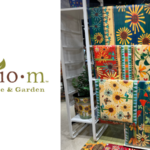



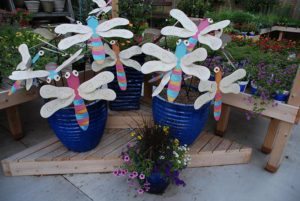
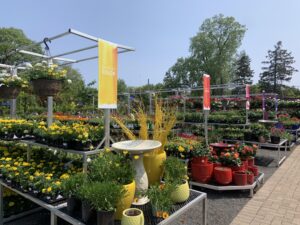

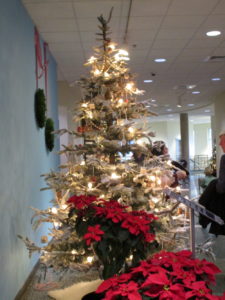
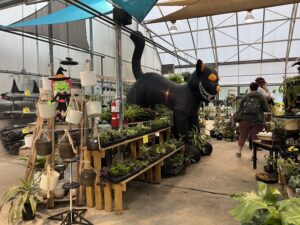

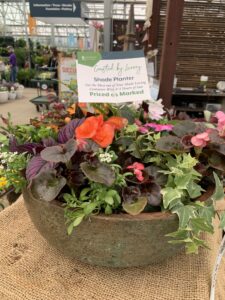
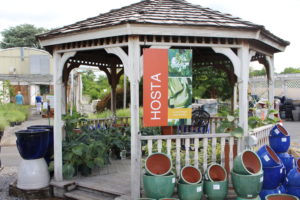

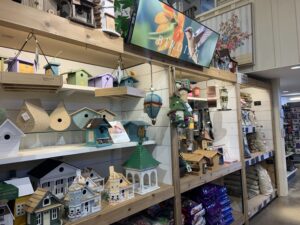
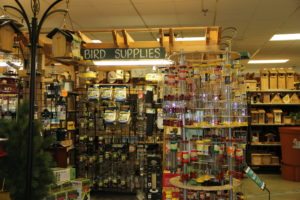
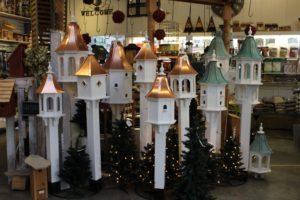
 Videos
Videos





